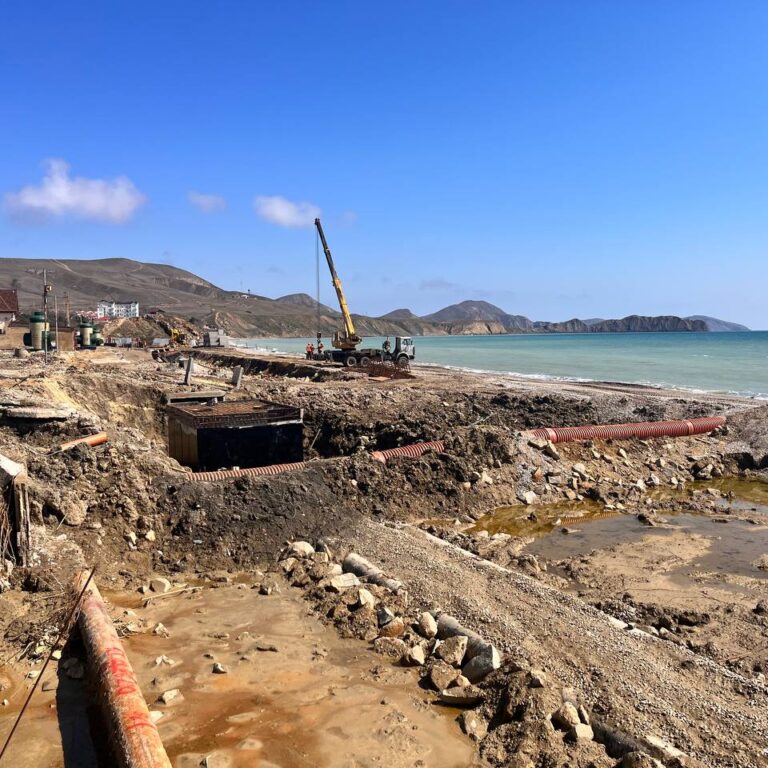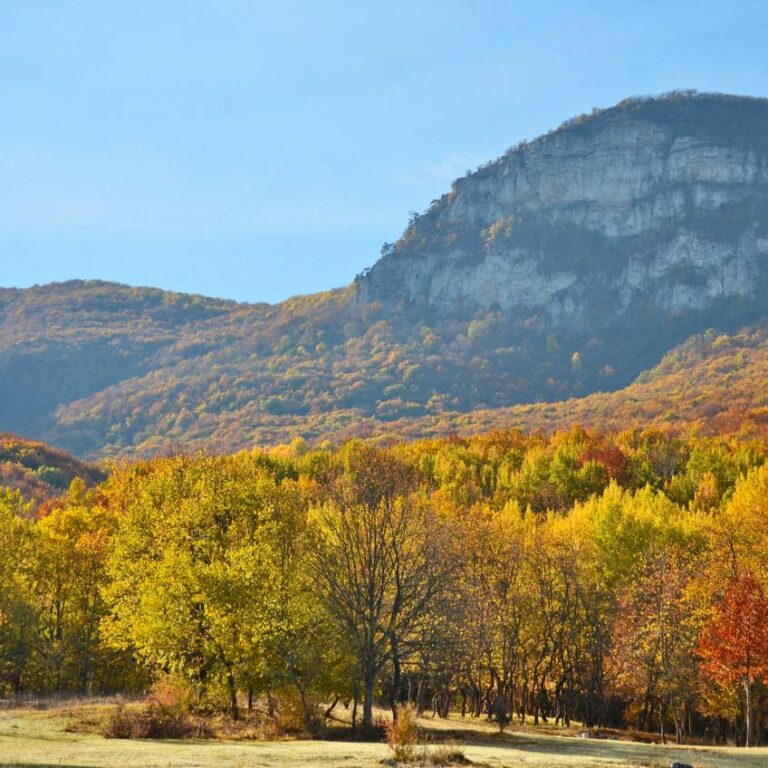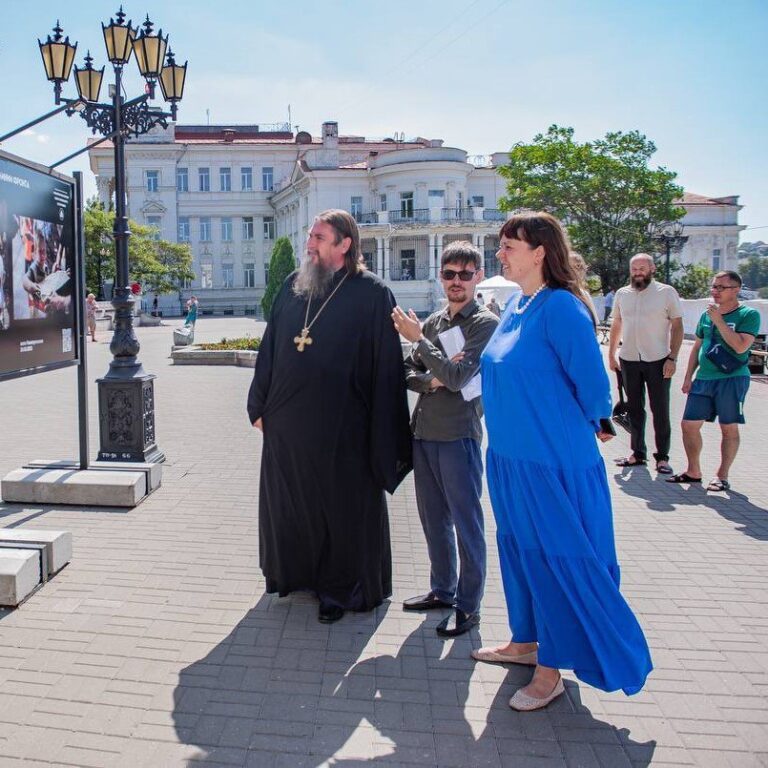On August 7th гkranian press breakfast was held for the International Day of the World’s Indigenous Peoples at the “Musafir” restaurant in Kyiv . During the event, our Association’s correspondent managed to ask questions about the main issues experts see in the coverage of indigenous peoples’ concerns by Ukrainian journalists.
Journalist Larisa Voloshyna joined the discussion and pointed out: “There are many moments that need to be studied carefully. Starting from the 1991 fight for Ukrainian Crimea, which was a turning point, the first Maidan, and the first tires were set on fire in Crimea in 2019. There were significant protests in Crimea in support of adopting the Ukrainian Constitution… Secondly, Ukrainian journalists often appeal to Russian or Soviet narratives. This is incorrect and completely changes the perspectives of the Ukrainian audience…”
The journalist added: “Thirdly, it’s crucial not to treat Crimea as an ordinary Ukrainian region… It’s unique… We should select Ukrainian journalists based on their approach and their ability to draw on this knowledge and explain it. Deciding the fate of Crimea, considering the aspects I mentioned, requires specific training programs for journalists in institutions…”
The Chairman of the Mejlis of the Crimean Tatar People, Refat Chubarov, also responded to the question: “The future of Crimea through the lens of its indigenous peoples is essential. Sometimes, it’s challenging when journalists supposedly try to objectively cover and approach the issues of Crimea’s future, but they don’t delve into the depths of the matters related to creating instruments to protect the rights of indigenous peoples.”
Chubarov added: “When talking about rights, they forget about the importance of collective rights. Without creating conditions to protect collective rights, you can never ensure individual rights… On the one hand, we want all media to address the topic of indigenous peoples, and at the same time, we earnestly request that addressing various aspects of this vital issue is done in a way that doesn’t complicate the situation. We don’t want to say, ‘Help us convey our opinion,’ no, we want to be understood, to be acknowledged. It’s important for us, as otherwise, we won’t be able to protect our rights.”







